find nepal construction article ,news,information


for inquiry: The Ganesh parquet House ;9851110960
|
When it comes to parqueting, you might be worried about the wooden/laminate parquet cost; the wooden flooring cost in Nepal ranges from Rs. 100 to Rs. 550 per sq. feet. In comparison to this, the laminated flooring cost in Nepal is very reasonable. Most of the suppliers distributing the wooden laminate parquet flooring in Nepal for sale import the laminate parquets mostly from Germany and China. With the change in thickness and quality, the cost of laminate parquet in Nepal ranges somewhere between Rs. 80 to Rs. 160 per sq. feet. In Nepal, most of these laminated parquets are demanded by house makers or corporate. Despite being introduced in Nepali market since more than a couple of decades, laminate wood parquet flooring has started to become popular since few years in Nepal. Despite the market penetration of PVC flooring, Nepalese are still attracted towards the parqueting. Nepalese customers are seen to be aware and conscious about their health, aesthetic charm of laminate flooring, which has resulted in the increase of wooden laminate parquet company delivering the materials. One of the main reason why Nepalese people are more attracted towards laminate parquet than the wooden parquet is that the laminate parquet lasts longer than the carpets, and are really easy to clean. If you want to go for a branded flooring, it might be more expensive, such as the Balterio Brand for flooring might cost your from Rs. 150 to Rs. 450 sq. feet. Thus, the wooden laminate parquet flooring in Nepal price depends upon which brand of flooring you are using, and of course the type of flooring you are using.
|
| Parqueting
|

Metal work company for Grill, shutter ,window and doot fabricators in Nepal
for info:9851110960

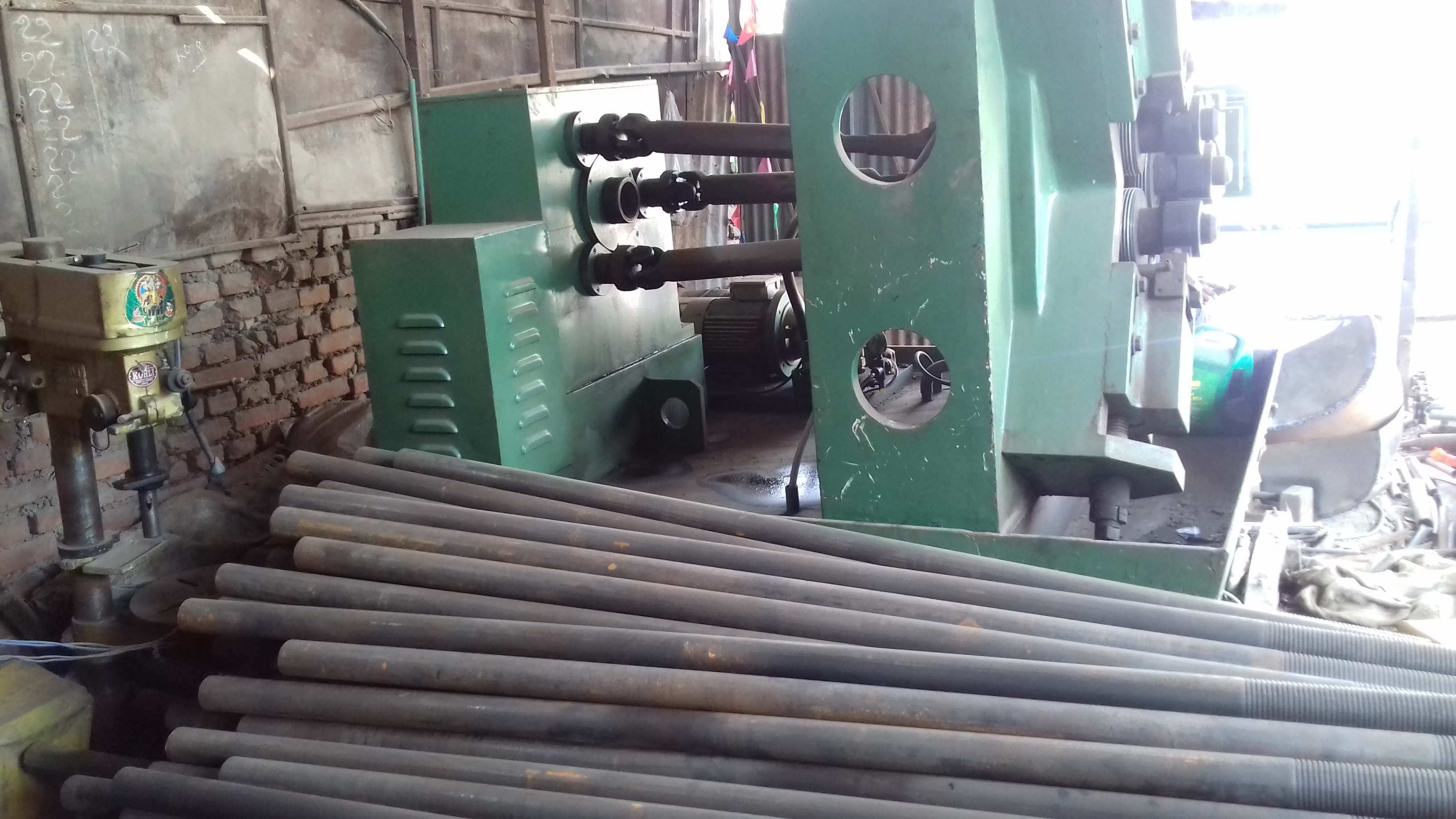
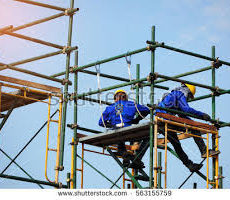
for info :9851110960
In every constructions projects buildings or bridge or roadsor hydro project,or irrigations iron materials & items play vital role .
There are very few & seleced iron faibricators & services providers in Nepal, who fabricate iron items directly related to constructions projects.such as one wheller barrow (Gada),Scaf folding it is also called teko,or props,U-head Jack,T-Jack,pipe clamps,maljam,.Q box , box ,slliding chhanel.plate farma,base plate ,farma tight (Tie rod),Dhamaka,& all ty pes of building ,bridge constructions iron items & many more…listed fabricators can easily make any other iron product as contractors requirements.
Applicable sections
Scaf folding: Iron scaf folding is a major iron items for constructions.
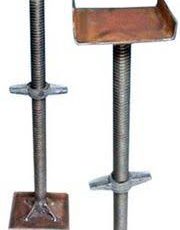
U-jack & U-head jacks:
It is used in conjuctions with adjustable system for scaf foldings.The main functions is to hold timber or iron items ,scaf foldings.these heads are used insupporting floor forms,slab & beams .It has jack nuts that provides for accurate adjustment .
Adjustable base jacks/base plate
It is used in to secure pipe & cup locks to the ground.
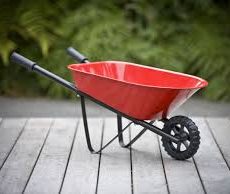
Wheel barrow : To carry constructions easyly,& comfortly.
For trade easy & inquiry contact :lal bahadur Iron Work shop ( View Details )located in dhunga Adda managed lal Bahadur Biswokarma ,A renowed & experienced iron fabricators of Nepal,same as Jay Bishal Traders 9851110960 View Products


uPVC (Unplasticized Polyvinyl chloride) corrugated three layer Roofing sheets. DION is a modern rigid three layer Un-plasticized poly vinyl chloride (uPVC) roofing sheets. The advanced technology of manufacturing ensures superior quality and performance of the roofing product.
60 % cheaper than wood,
Earthquake resistannt enviornmently friendly,
saves enviornment,better out look,flexible in
in design,takes short time to ready,paints free,fire proof,
sound proof,easy to install,maintance free,
long life ,


contact for info: 9869420756,ROOFINGS:polycarbonate roofings,Fiber glass roofings,Galvanised roofings,Upvc roofings,stone coated roofings,tiles roofings are most popular roofingssystem in Nepal
stone coated roofing is a most popular and best stone coated roofing in Nepal,Among all Decora brand stone coated Roof are most popular compiring quality in Nepal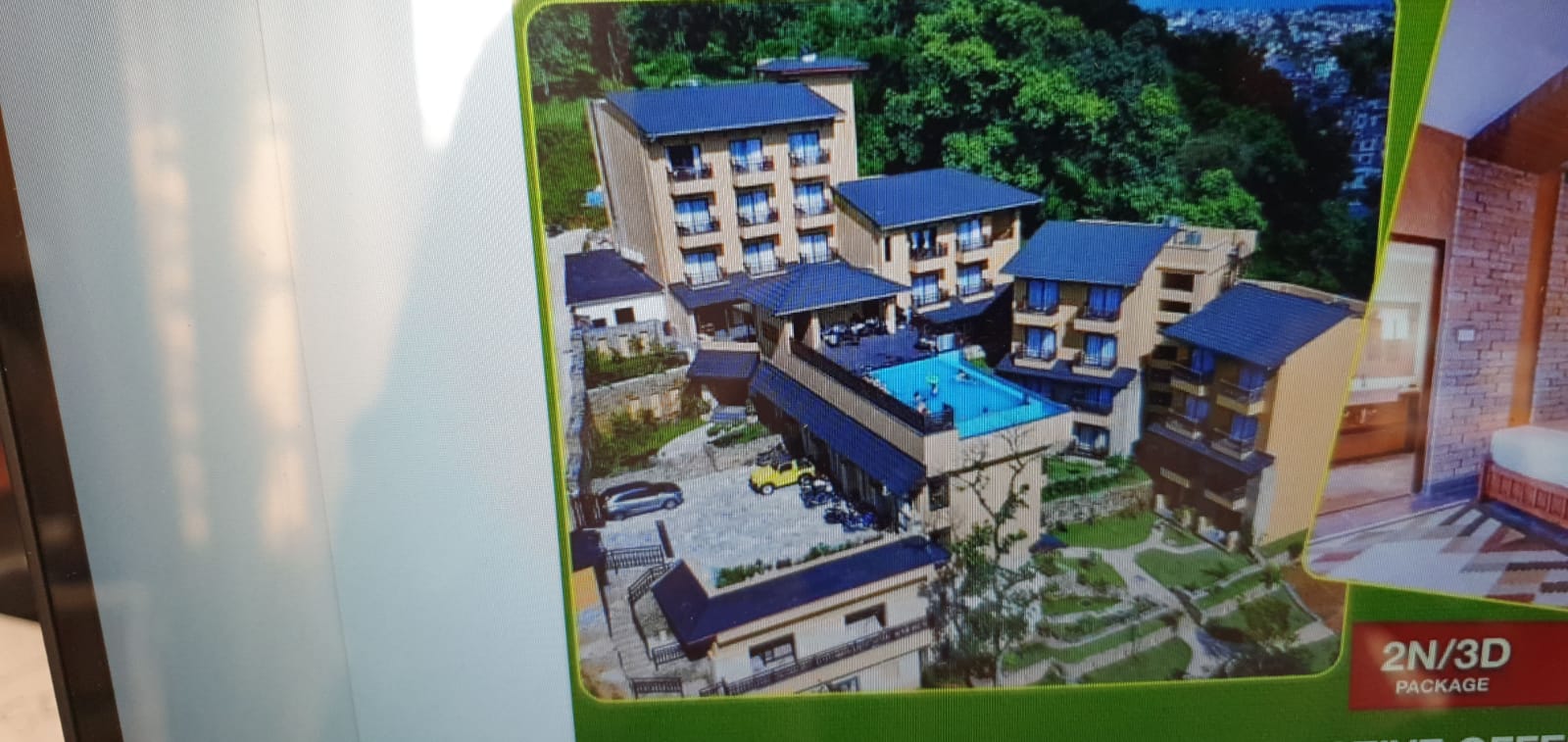
For Inquiry: 9869420756
A stone coated metal roof is made from steel or some other metal; the metal is then coated with stone chips and attached to the steel with an acrylic film. The goal is a more durable roof that still retains the aesthetic advantages of a more traditional roofing material
Natural Stone slab are rarely used in roof ,Generally itis used for garden and wall for strog surface as elegant
For over 100 years architects, builders, engineers and designers have specified stone roofing to protect their projects. It has a long standing reputation for performance, longevity, versatility and beauty.
A-one stone roofing systems offer a high performance alternative to other roofing products, ideal for new construction or renovation in commercial, institutional and residential applications where high performance, long life and low maintenance are desired.
.Cost: Rs 250 per sq feet + fittings
For finding best suppliers of diffirent branded : 9869420756
Advantages:


Find Best Upvc door,window,Partition .roofings Fabricators
forinfo: 9851110960
Overview
UPVC (Un-plasticized polyvinyl chloride) Door and Window is mainly used in the replacement for wood in construction.
This technology meets the higher demands of inhabitant comfort as it is durable with minimal expansion and contraction, provides superior insulation from outside heat, are self extinguishing and do not propagate fire. It is the material of choice for achieving both economic and environmental balance.
Throughout the globe, for more than 30 years, UPVC has become one of the most used materials. From the deserts of Arizona to the coldest parts of Scandinavia, this technology has been serving successfully. This material also has been proved to be useful in extreme hot conditions of the gulf.
With the UPVC windows and doors market share growing faster than any other new product in Australia, and its market being established in global scenario, builders from Nepal are also increasingly using and preferring this materials.
Kshamadevi building materials is the authorized dealer of CONCH brand UPVC materials being manufactured and traded by China Anhui Conch Group and Wuhu Conch Profiles and Science Co. Ltd. With the experience of more than 6-7 decades in this industry, these companies have the production capacity of 60 million tons and are currently serving all over China and are exported to numerous countries like United Kingdom, Germany, and Russia.
Specification of UPVC Profile
| Sliding and Casement Window |
| SN | Profile | Size | Remarks |
| 1 | Sliding Window/ Door Frame | 88 x 52 | Color White |
| 2 | Sliding Window Sash | 57 x 42 | Color White |
| 3 | Sliding Door Sash | 80 x 37 | Color White |
| 4 | Casement Window Frame | 60 x 60 | Color White |
| 5 | Casement Window Sash | 78 x 60 | Color White |
| 6 | Casement Window Mullion | 72 x 60 | Color White |
| 4 | Iron | 1.5mm |
| Hinge Door |
| SN | Profile | Size | Remarks |
| 1 | Hinge Door Frame | 60 x 60 | Color White |
| 2 | Hinge Door Sash | 104 x 60 | Color White |
| 3 | Hinge Door Mullion | 72 x 60 | Color White |
| 4 | Door Panel | 100 x 25 | Color White |
Glass: 5 mm Indian Glass
Insect Preventing Net: Nylon- Color Grey
Hardware: Patented Standard Hardware’s like Rollers, Gaskets, Brush seal, Moon locks, Normal locks, Door locks, Silicon, Pufoam, 100 mm Grip Screw etc with all necessary hardware’s.
Note: Casement Shutter available at extra charge of NRs 5000 only.

Advantages:
UPVC Roofings
The excellent quality of UPVC roofing sheet is ensured by using high-quality materials,high-tech durability formula,and the whole set of imported tri-ply co-extruded compound foamed equipment.
Key Features of UPVC Roofing Sheet:
आधुनिक समयमा काठपातबाट मात्रै झ्याल ढोका निर्माण हुन्छ भन्ने मानसिकता हटाउनु पर्छ । पहिलो कुरा त अधिक काठपातको प्रयोगले वातावरणीय असन्तुलन कायम हुने विज्ञहरुको भनाइ छ ।
वैकल्पिक उपायको रुपमा रहेको युपिभिसीको लाइफ ग्यारेन्टी हुन्छ । तर काठका झ्याल ढोकामा ४\५ वर्ष पछि नै किरा लाग्ने सम्भावना धेरै हुन्छ । काठका उत्पादन पसाङ्गिन पनि सक्छ ।
त्यस्तै काठमा विशेष गरी रङरोगन तथा डिजाइनमा समय लाग्छ । तर, युपिभिसीमा न किरा लाग्ने डर हुन्छ, न पसाङ्गिने डर ।

त्यस्तै युपिभिसीलाई एकपटक प्रयोग गरेपछि मेन्टिनेन्स गरिरहनु पर्ने झन्झट हुँदैन । रङ्रोगनको भन्झटबाट पनि मुक्त हुने हुदाँ त्यसको प्रयोग बढ्दै गएको व्यवसायीहरु बताउँछन् । युपिभिसीका उत्पादनलाई डिजाइन गर्न धेरै समय लाग्दैन ।
क्षमादेवी ग्रुपका अध्यक्ष तथा युपिभिसी उत्पादक राजकुमार बस्नेतका अनुसार अर्डर गरेको एक देखि दुई हप्ता भित्र युपिभिसीका झ्याल, ढोका तथा खापा तयार हुने गर्छ । त्यस्तै फिट गर्न तथा डिजाइन तयार गर्न पनि समय नलाग्ने अध्यक्ष बस्नेतले बताए ।
काठ भन्दा ६० प्रतिशत सस्तो
युपिभिसी डोर्स, झ्याल तथा खापाहरु काठका उत्पादन भन्दा ६० प्रतिशतले सस्तो पर्छ । अहिले काठको १५ सय देखि दुइ हजार रुपियाँ प्रति स्वायर फिट पर्छ तर युपिभिसीको डिजाइन अनुसार ५ सय देखि ७ सयसम्म प्रति स्वायर फिट पर्ने गर्छ ।
तयार गर्न समय लाग्ने र डिजाइन तथा रङ्रोगनमा धेरै समय खपत हुन्छ । अझ काठको उत्पादन तयार गर्न धेरै प्रक्रिया पूरा गर्नुपर्ने भएकाले पनि काठका उत्पादन महङ्गो हुने गरेको हो ।
भुकम्प प्रतिरोधी
युपिभिसीका उत्पादनलाई भुकम्प प्रतिरोधी मानिन्छ । प्राधिकका अनुसार युपिभिसीको बाक्लोपन उच्च भुकम्प प्रतिरोधी हुन्छ । युपिभिसीको भित्रिभागमा फलामे डण्डीको समेत प्रयोग गरिएको हुन्छ ।

आगलागीबाट मुक्ति
प्लाष्टिकबाट बनेको भन्ने बित्तिकै हामी आगोलागी भैहाल्छ भन्ने आममानिसको बुझाइ छ । तर, युपिभिसीको झ्याल तथा ढोकामा आगलागी हुने कुनै सम्भावना नै रहदैन ।

‘युपिभिसीमा प्लास्टिकको जल्ने भाग पहिल्यै रिफाईन गरिएको हुन्छ’ युपिभिसी प्राविधिक रुवेश घोरासाइने भन्छन्, ‘आगो लागि भै हाल्यो भने पनि युपिभिसीका झ्यालढोका डल्लो पर्छ,तर आगो भने सल्किन्न ।’
Source: nirmansanchar


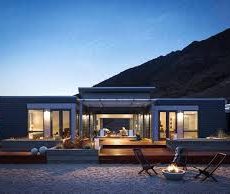
prefab house fabricators in section which are best choice to built prefab house ,which are known as a cheapest,best & strongest earthquake resistant house in nepal Today,If you are interested in prefab house then -for more info:contact:9851110960

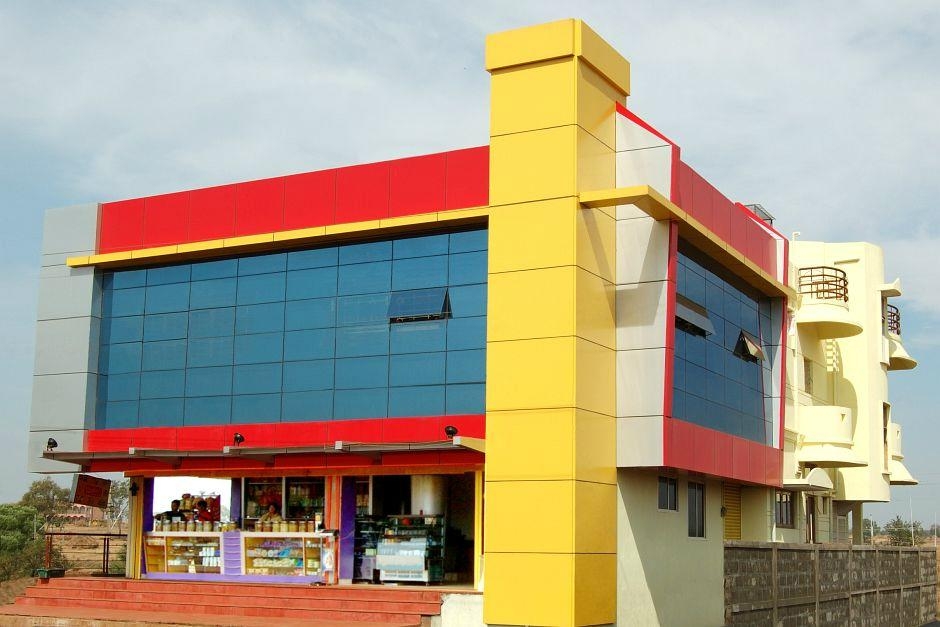
paints is arts in house rooms,if it is done by expert painters,who have knowledge about interiors.expert can play paints as a arts in wall,matching the colour combination & shades


JK Wood carving ,Lalitpur tel:9842750785 Anjana Tamrakar is a mfr of quality wood carvings.
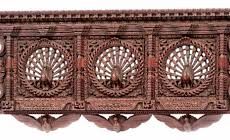
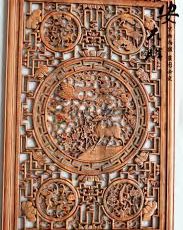
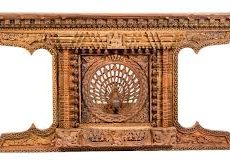
Woodcarving in Nepal has been most highly developed in the Kathmandu Valley, which comprises Kathmandu, Bhaktapur and Lalitpur districts. These three are home to the world’s rarest wooden art. Perhaps nowhere else in the world are the carvings as sophisticated, dramatic and extensively incorporated in construction. Even the name, “Kathmandu,” indicates the unique focus of this area. Derived from the Sanskrit word kastamandap, whichis the conjunction of kasta, meaning wood and mandapa, meaning temple or hall, Kathmandu means “temple made of wood.”
At the western edge of Kathmandu’s Durbar Square one finds the structure known as Kastamandap, the oldest surviving timber structure ion the valley, its three tiers of pagoda roof rising fifty feet above a long veranda. The structure dates back 800 years, and legend tells how it was constructed entirely from the trunk of a single sal tree(Shorea robusta). Yet with the extent of wooden temples and iconography throughout Kathmandu and vicinities, a more accurate definition of “Kathmandu” would be “city of temples made of wood.”
Temple pillars, Deity icons and palace portals display the epitome of local carving skill. Apart from these, the predominant use of elaborate woodwork is in doorways and windows of the wealthy, though even common households strive to embellish their structures. Usually, frames of doors and windows are made of hardwood–a painstaking job. Hardwoods are first seasoned for a number of years so that the doors and windows can last for centuries. Frames are primarily carved with floral designs. The doors themselves are usually made of softwood and carved with images of Gods and Goddesses. But wherever the doors are exposed to harsh conditions, they are made of hardwood as well. Some are decorated with the eyes of Buddha. Others have designs of the traditional religious water pot, kalash, fish and flowers, all symbols of good fortune.
Apart from many standard options, the preferred ornamental designs are the lotus window, mesh, chariot, peacock and oriel windows. Windows in Nepal serve a higher function than those of Western architecture. They are not mere inlets for air and light, but are portals of peace and beauty. Sculpted upon them are images of Gods and Goddesses who are expected to protect residents within from evil forces. Certain windows are not even meant for looking through. Their main function is artistic and symbolic. As such, many styles of window do not open. The option to peer out is found mostly in balcony windows, through which modest and reserved women can view the happenings in the city without becoming involved. Such windows are symbols of higher social and economic status of those people.
The Nepalese woodcarving tools are simple and traditional: chisel, adze, handsaw, wooden mallet and jack plane. Craftsmen embellish wood for interior decoration as well as for exterior use. For centuries, a particular caste among the Nepalese Newars, called “Silpakar,” has dutifully preserved the country’s woodcarving heritage. Lately, however, peoples of other castes have joined the occupation. Originally supported and encouraged by the Malla kings, the art is now supported primarily through purchases made by Western tourists.
Patan is known as city of FINE ARTS in the world.
Most Silpakars are still engaged themselves in various aspects of the woodcarving industry. Silpakars are prominent at Jombahal, in Lalitpur, and out of 700 Silpakar families in Bugmati, 300 operate their own woodcarving shops. Om Krishna Silpakar, the owner of Om Wood Carving & Jk wood carving,run by Anjana Tamrakar (9841750785 0),purna wood Carving at Patan are such a family.Wood carving Industries estd in 1967,by Moti Lal silpakar ,at Patan industrial Estate is a pioneer wood carvings exporters in international market who introduce a wood carvings business in Nepal.
Most Silpakars, feels an abiding love of and responsibility to his tradition. “om krishna silpakar proud that I have protected the wood carving industry started by my forefathers,” he said. “I have been able to introduce Nepal to some 40 to 50 countries through the exports of my woodwork. This gives me great satisfaction. During my childhood, I would be thrilled when tourists visited. I still remember fondly when King Tribhuvan and Indian Prime Minister Jawaharlal Nehru visited our workshop.”
Of late, modern construction has threatened to usurp traditional architecture. Yet the old-style carvings still lure tourists. In an effort to preserve existing ancient works, the Bhaktapur municipality has strictly prohibited the demolition of traditional buildings for replacement with modern ones.
History relates how woodcarving in Nepal developed in Kathmandu Valley largely during the Malla dynasty, which was founded in 1350 by Jayasthiti Malla. The Malla period continued for almost 600 years and was a glorious era in the history of Nepal. Mallas developed trade and commerce, industry, religion and culture. They reached a high level of perfection in the fields of art and architecture. John Sanday in his book Monuments of the Kathmandu Valley writes, “The traditional buildings that are mostly in evidence throughout the valley today represent the craft and architecture of the Malla dynasty, which started in the fourteenth century, survived the early Shah period, but rapidly faded during the Rana era.” The Rana period started in Nepal with the rise of Jang Bahadur Rana in 1846 and the system crumbled down in 1951. One of the reasons why the artistic and architectural activity flourished during the Malla period was that the kings protected such activity. Whatever architecture Nepal has to be proud of today is not from modern construction but solely due to the beautiful art cultivated by the Malla regime.
Today, things are not all favorable for the Nepalese craftsmen. Woodcarvers have their own challenges to overcome. Ramlal Silpakar complains, “The depletion of forests has created a shortage of sal trees, which take at least a hundred years to mature in the forest. It is not within the means of many of the craftsmen to afford the skyrocketing prices of sal wood.” Sita Maiya adds, “Lack of incentive from the side of the state is also a serious problem. In the past, the carving industry prospered because of protection from the state. But now, who cares for the industry?” Ram Bahadur, who has been in carving for generations, states, “We have to stand and make a living on our own. Prospects for training are limited. Many craftsmen families who used to carve wonders have abandoned their craft.” And Shyam Sakya, a prominent woodcarvings businessman says that the domestic market has been whittled down to just the affluent.
A unique success in wood arts is the Hotel Dwarikas, which is the lifetime achievement of late Dwarika Das Shrestha. The hotel is the manifestation of his effort to restore and preserve a culture and a heritage. Shrestha rescued ancient carvings from demolition sites and commissioned new works from local craftsmen, all of which are maintained and displayed in the hotel, which he created to be a “living museum.” Dwarikas (www.dwarikas.com) is now dynamically managed by Shrestha’s wife, Ambica,
